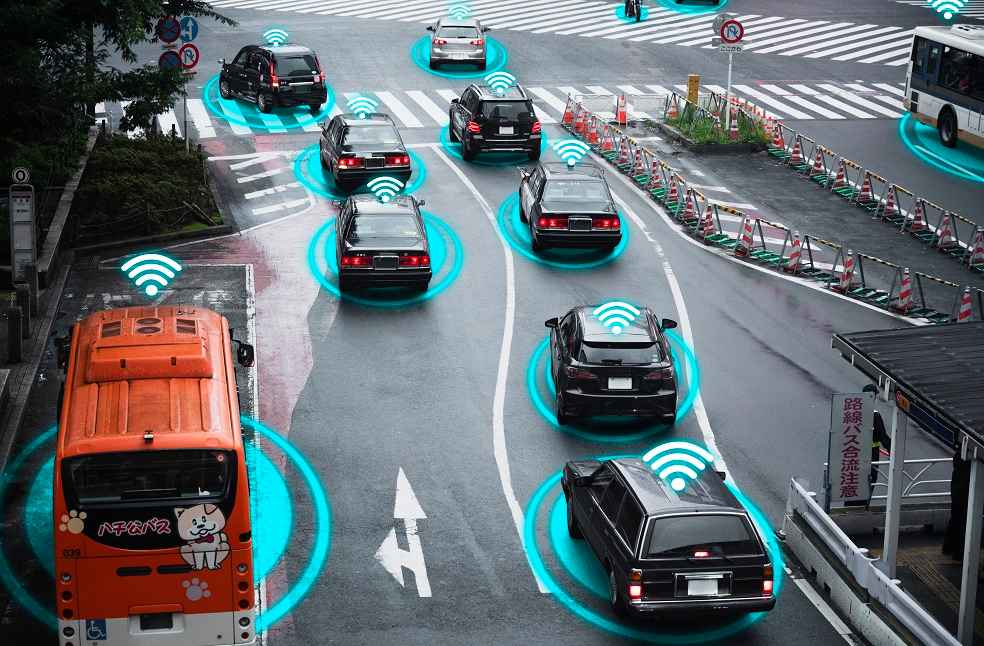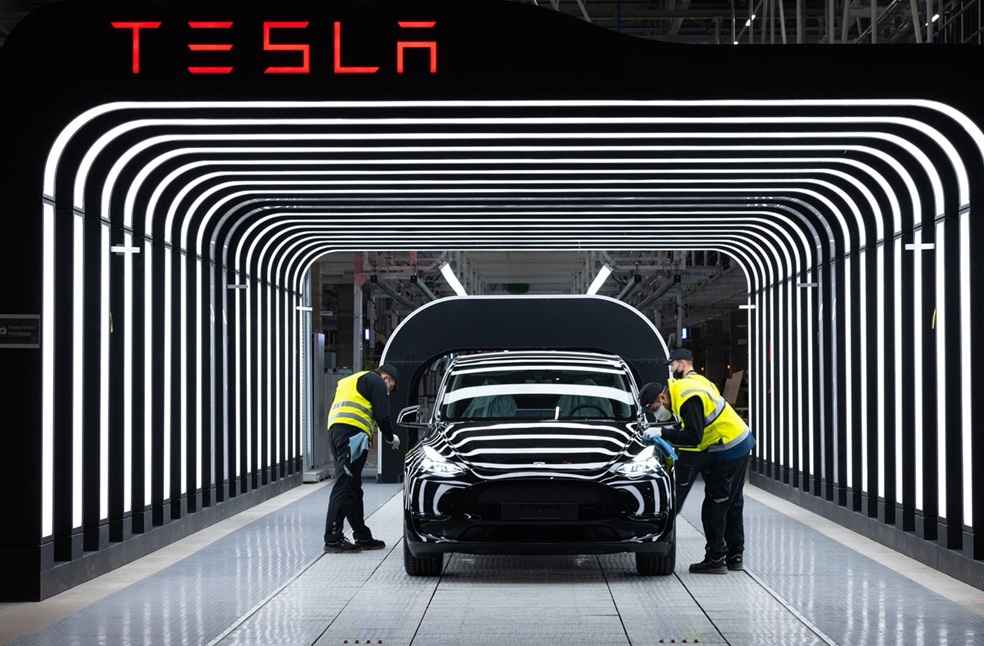Global automakers are deepening their involvement in China’s rapidly evolving smart supply chains, viewing the country not only as a major market but also as a critical partner in advanced manufacturing and electric vehicle (EV) innovation.
At the ongoing China International Supply Chain Expo in Beijing, key industry players highlighted the role of China’s technological sophistication, expansive EV ecosystem, and industrial scalability in shaping the future of global auto production.

Tesla, a prominent example, has mainly ramped up its local presence. Its Shanghai Gigafactory, now manufacturing a vehicle approximately every 30 seconds, boasts a 95% local parts integration rate for its Model 3 and Model Y. As of June, the facility had produced over 3 million vehicles and contributed nearly half of Tesla’s global deliveries.
Tesla’s commitment to China extends beyond automobiles. In February 2025, it launched its first overseas Megapack energy storage factory in Shanghai. Built and made operational in just nine months, the facility has an annual production capacity of 40 GWh. These Megapacks are already being exported across Asia-Pacific markets, ensuring Tesla’s position in China’s growing smart energy network.

A Tesla spokesperson cited China’s comprehensive EV supply chain, high-quality local suppliers, and advanced manufacturing capabilities as key assets. The spokesperson also pointed to the country’s deep talent pool in artificial intelligence and EV engineering, which has become central to Tesla’s localized R&D efforts. “Whether it’s supply chain resilience, innovation capacity, or market scale, China continues to offer unique advantages,” they noted.
German automotive supplier Bosch echoed these sentiments, showcasing its locally developed technologies in electrified powertrains and driving assistance systems, and acknowledging the rapid pace of innovation in China’s automotive sector.
UPCOMING | India Unveils AMP 2047 to Boost Innovation, Exports in Auto Sector





